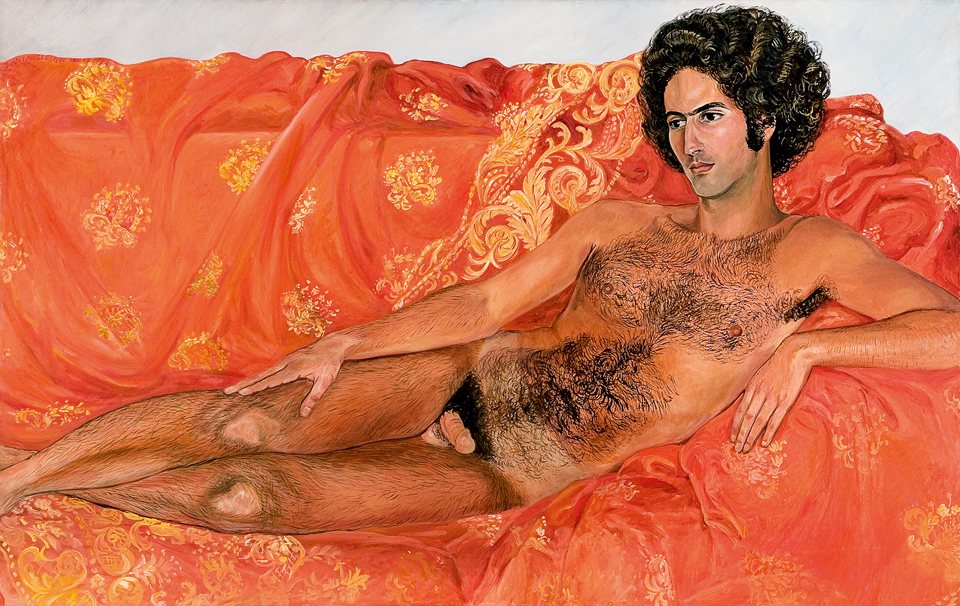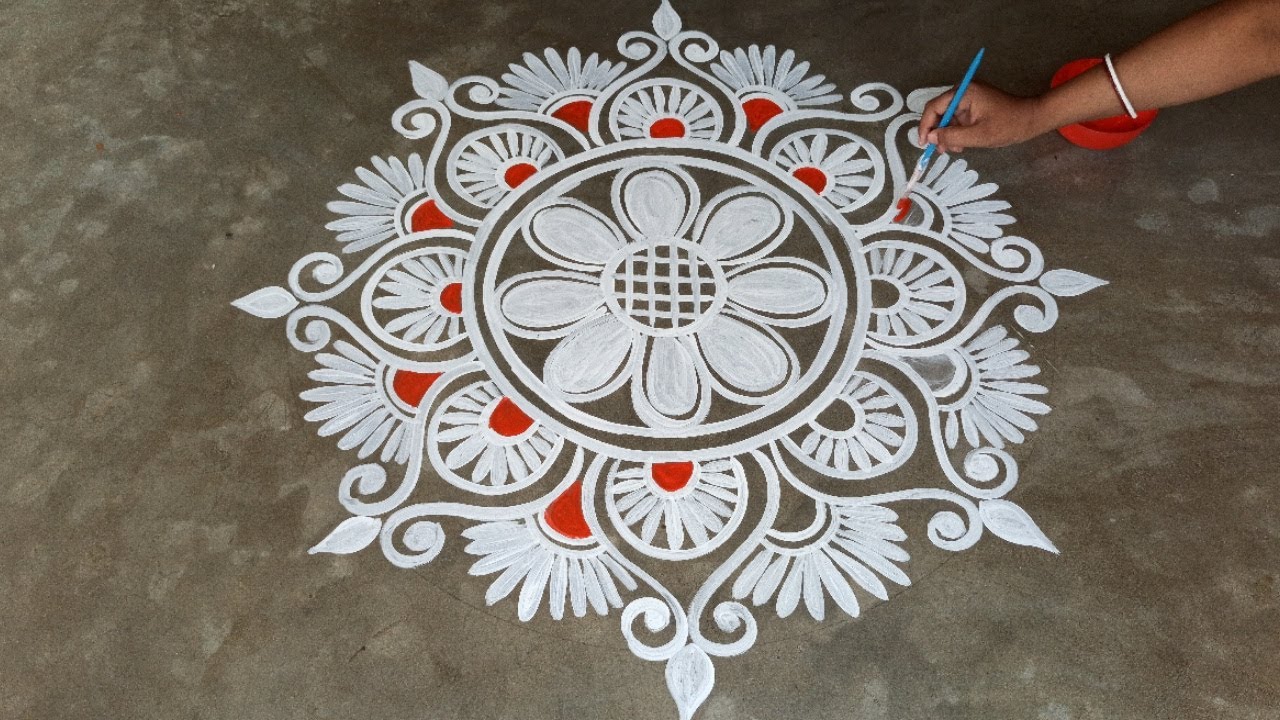A woman’s space in the society is affected by numerous intersectionalities including but not limited to gender, class, caste, religion, sexuality and the like. Depending on access and privilege, a few handful get the chance to take charge of the course of their lives. Being a woman has its own cost and being a woman who attempts to occupy our gendered, problematic public spaces, more so.
Studies suggest that 52 per cent of urban Indian women feel unsafe while walking alone at night, while 26 per cent feel anxious to walk in certain neighbourhoods. 18 per cent feel insecure to walk alone even during the daytime. Women experience inappropriate touching, lewd comments, breach of physical boundaries and similar unnerving instances of sexual assault in public spaces, which have always been predominantly male spaces.
Women are still at the receiving end of elderly, “well meaning” advice like ‘Reach home early before it gets dark outside’; ‘Girls should not travel alone, especially late at night’, and so on. Dr. Indu Antony and her 76 year old lady companion are trying to address the safety of women in public spaces through their artistic dialogue titled Cecilia’ed Always.

Through this phased out art project, Dr. Indu and her companion Cecilia strive to explore public places through a feminist lens maintaining the city of Bangalore as the locus. Dr. Indu Antony was born in a conventional family in Kerala. She lived in Dubai for several years before moving to India. As an artist and expressionist, she has been collaborating with those on the periphery of the society and her work entails the assertion of feministic politics through performances and installations.

Some of her other projects include Bitch Please!, Vincent Uncle, I was Raped. I need Justice, and Coin a Memory. While discussing her projects, especially Cecilia’ed, Dr. Indu spoke to us at length about the challenges she faced while addressing women’s safety in public spaces through art.
Q. Dr. Indu, what inspired you to talk about women’s safety in public spaces?
A. Women’s safety is not a new issue, it has always been a pressing concern. But people rarely talk about it. Young girls and women are trained to behave in a particular way in public places. They are discouraged from going out at night. In male dominated spaces that are usually dark, women are afraid to walk alone.
There are some places like barber shops, salons, paan carts, and mechanical shops that are geographically biased and are naturally considered unsafe for women. Currently, in the area where I reside, I have spoken to different women who talked about the problems they face. I often express my concern on social issues through art that includes photography and other diverse mediums. For this project on women safety in public spaces titled ‘Cecilia’ed Always’, Cecilia is the face and heart of the project.
We then inform authorities to help the people concerned. Cecilia’s personality, combined with her flamboyant and sassy conduct make her no less than a celebrity. Cecilia calls herself a gender disruptor, “I want all the women in my area to feel safe. And Cecilia who? A gender disruptor!“, she says
Q. Who is Cecilia and what is her role in the project?
A. Cecilia is a 76 year old woman and we have been friends for the past four to five years. When I first saw her, I immediately felt connected and the first thought that flashed in my mind was – ‘Oh that is me in the next few years’. We bonded over similar interests in feminism and problems women face. We were discussing the issue of women’s safety in public spaces and while talking to her, it occurred to me that perhaps she could be my model for this project.
The idea was to transform her into a celebrity and photograph her in an unconventional, stylistic manner. The reason for this aesthetic is that when a celebrity or politician appears in public, they become the centre of attention. By transforming Cecilia into a celebrity who would enter the streets in a car, the intention is to draw people’s attention to start the discussion.
Also read: Tracing The History Of Pants, Gendered Clothing & Moral Policing Of Women
Q. Can you elaborate about the nature of Cecilia’ed Always?
A. When I first proposed the idea, Cecilia agreed, which marked the beginning of project ‘Cecilia’ed Always’. From the time we started till date, we have done more than 70 shoots, organised in open bars in Bangalore. We invite more women to meet at so called “shady” bars, and try to discuss why these bars are called “shady” in the first place, especially for women.
We have conducted workshops, awareness sessions and interviews with women from diverse backgrounds who discussed the problems they faced in public spaces.
This in turn, made us more aware of the ground reality. As a part of this project, Cecilia dresses in colourful and remarkable outfits; comes in fancy cars and enters the streets that are considered unsafe for women. We even arranged a call system where people talk to Cecilia and discuss with her their problems.
We then inform authorities to help the people concerned. Cecilia’s personality, combined with her flamboyant and sassy conduct make her no less than a celebrity. Cecilia calls herself a gender disruptor, “I want all the women in my area to feel safe.” And Cecilia who? A gender disruptor!“, she says.
I believe that revolutions don’t happen overnight and it takes time to bring change. Likewise, even this project will take time to sink in. Though people have started talking about it and many women have come forward to discuss their problems, this is just the beginning, indeed there is a long way to go
Q. What impact has the project created so far, in your observation?
A. I believe that revolutions don’t happen overnight and it takes time to bring change. Likewise, even this project will take time to sink in. Though people have started talking about it and many women have come forward to discuss their problems, this is just the beginning, indeed there is a long way to go.
Our project is getting recognition and it has also received a grant from FICA, the Foundation for Indian Contemporary Art. More people are becoming aware, and many more are discussing it. So yes, Cecilia is impacting in her own style and ways.
A work of art no longer solely belongs to an artist once it is out in public. It is interpreted differently by each person who engages with it. Dr. Indu is positive about varied public responses and mentions that diverse perspectives have helped her grow as an artist. Through this project, the duo tries to navigate and throw essential light on feminist geography focusing on male dominated places that are highly gendered and segregated, making women hesitant to occupy them.
Also read: Unhygienic Public Latrines: Women Bear The Brunt Of Inadequate Sanitation Facilities
About the author(s)
Dimple has a keen interest in history, cinema, and cultural studies, which fuels her curiosity. With an exploratory attitude towards life, she enjoys engaging in thoughtful conversations over a warm cup of tea.




